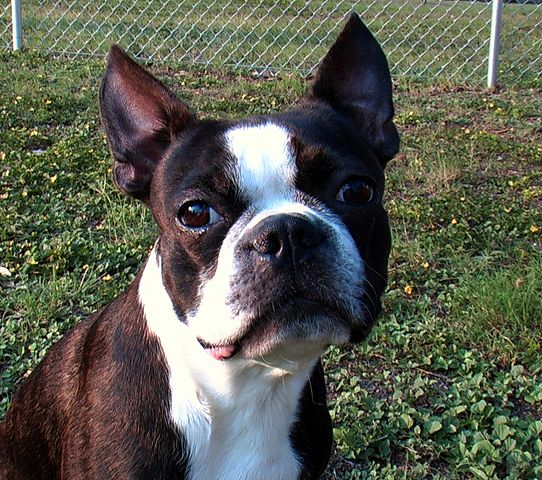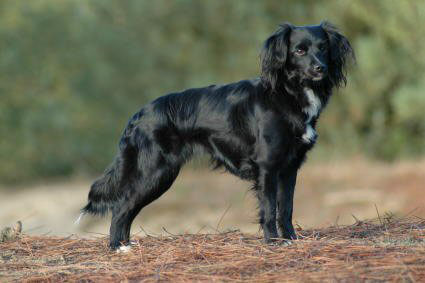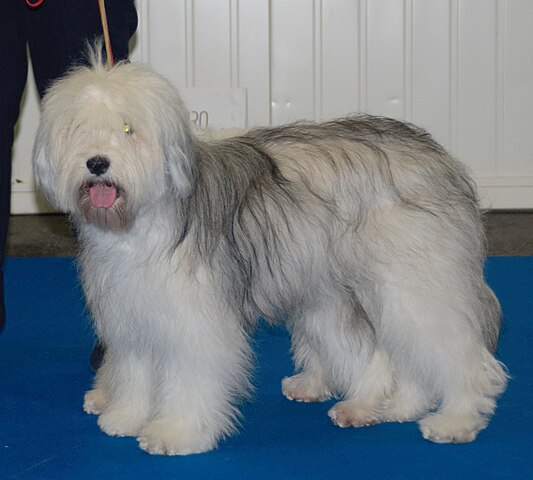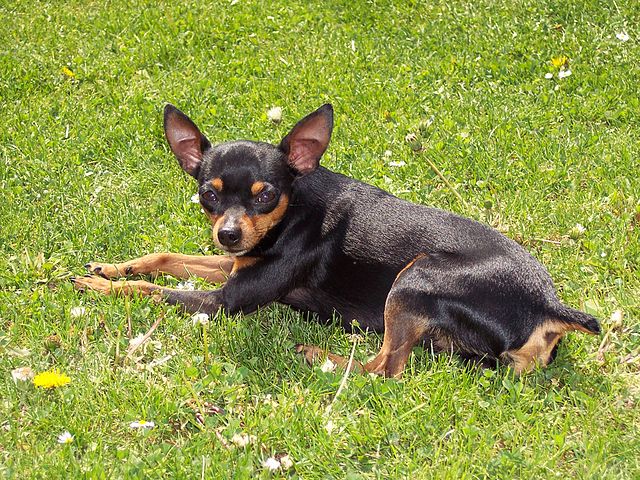The Boston Terrier is an American breed well-known for being a devoted companion to people of all ages. They fit in with large families just as well as with single senior citizens. They are prized for their versatility and adaptability – up for just about any challenge but equally able to fill the role of playful companion. One big exception however… they don’t do well with infrequent human contact. Bostons need time and attention and should never just be left at home by themselves all day, every day. Nor are they outside-only dogs as they can’t handle temperature extremes of either hot or cold.
It is a mixture of their amiable temperament and their distinctive coat pattern reminiscent of a tuxedo that has earned them their nickname of “American gentleman”. It should be noted that black & white, brindle & white, and seal & white are the only actual recognized colors of the Boston Terrier, despite less-than-reputable breeders selling puppies in a rainbow of colorations. While a few breeders of off-colors care about temperament and health, many others only care about selling a rare version of the Boston and making money. Because this breed is popular (and therefore in the hands of many disreputable breeders), it is essential that a puppy buyer thoroughly research the breeder and make sure that all breeding dogs are health tested. Rare colors can be a possible red flag.
Bostons are smart and learn very quickly. This is good because obedience training is necessary to keep them from developing behavior problems. It normally takes only a little bit of training and a consistent enforcing of the rules for these little tuxedo-clad dogs to become well-behaved. This is one of the reasons why the breed makes a great choice for novice owners! This isn’t to say that they can’t be occasionally stubborn… they can, but a good trainer will work the dog through the stubbornness.
The Boston Terrier is an active little guy and will keep you laughing as he races around the house! Under-excercised or under-trained dogs might develop bad behaviors such as jumping up or possibly even nipping out of excitement. These behaviors usually come out because they aren’t being stimulated enough physically or mentally. It is beneficial to remember that, although they are small, they still need training and excercise just like bigger dogs! With a moderate amount of exercise, they shouldn’t be obnoxiously active. The Boston is a good choice for apartment-dwellers as long as he is given daily exercise. He doesn’t tend to annoy close neighbors either as he is generally a quiet dog. 
Bostons are affectionate and loyal, and make great lap dogs. Some people have even labeled this breed as one of the best companion dogs of all time! Their love of play and often clown-like nature have made people all over the world fall in love with their unique temperament. Rarely skittish or aggressive, they are brave yet still friendly. Most tend to be reliable overall. Combine this with the fact that they are easy to care for, shed very little, and are simple to transport yet very athletic, and it is easy to see why owners of Bostons are so infatuated with them!
Despite their ancestors being used as fighting dogs, Bostons today tend to get along very well with other dogs. Over a hundred years of breeding has transformed their formerly ornery distaste for other dogs into something else entirely! Occasionally, some males will have issues with other dogs coming onto their properties so proper introductions in a neutral environment will be required. The breed also gets along great with cats and other pets.
Like many of the bully-type breeds, Bostons can be prone to flatulence, snoring and drooling. They can also be prone to overeating – and although they should naturally be stocky and well-muscled, they should never be fat. Food should be given at mealtimes throughout the day rather than keeping a constantly filled bowl down all the time. Most owners consider these shortcomings a small price to pay for a great companion dog that will delight for years to come!



